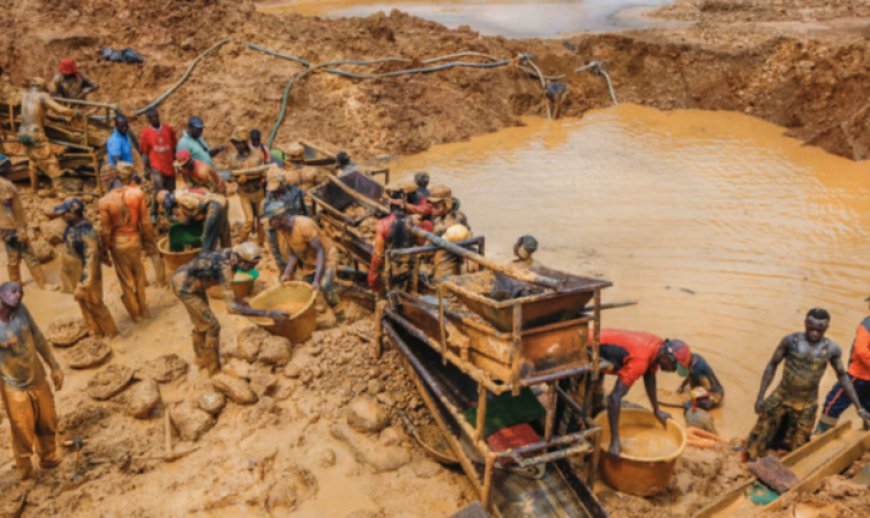We must wake up and learn lessons from a landlocked giant, Switzerland+
Switzerland, despite its lack of coastal access, has become a global powerhouse through strategic planning, innovation, strong institutions, and national unity. African nations, particularly landlocked ones, can learn from its example to build resilient, globally competitive economies.

Accra, Ghana —
In a world where access to seaports is often seen as a golden ticket to economic prosperity, Switzerland, a small landlocked European nation, has quietly and consistently risen to global prominence—defying geography with vision, discipline, and strategic excellence. The time has come for Africa to wake up and learn from this landlocked giant.
While many African countries continue to blame underdevelopment on colonial legacies, geographical limitations, and global economic inequality, Switzerland’s story shatters all excuses. With no access to the sea, limited natural resources, and a population of just over 8 million, Switzerland has built a reputation as a global leader in:
-
Banking and Finance
-
Pharmaceuticals
-
Precision Engineering
-
Education and Research
-
Global Diplomacy and Neutrality
So, how did a country nestled in the Alps outperform many coastal, resource-rich nations?
1. Strategic Neutrality and Political Stability
Switzerland’s neutrality during world conflicts has been one of its strongest assets. Instead of entangling in geopolitical drama, it focused inward, building systems that served its people and attracted international trust.
Lesson for Africa: We must prioritize internal stability, peaceful transitions of power, and the strengthening of democratic institutions over partisan gain and regional conflict.
2. Innovation and World-Class Education
Switzerland spends heavily on education and research, with institutions like ETH Zurich ranked among the best in the world. Innovation is not a buzzword there—it’s a culture.
Lesson for Africa: Our future depends not just on natural resources but on nurturing brains over barrels. African countries must invest in STEM, vocational skills, and research.
3. Infrastructure and Efficiency
Switzerland's transportation network is legendary. Its railways, tunnels, and roads are not just functional but futuristic. This infrastructure supports not just tourism but efficient trade.
Lesson for Africa: Infrastructure is not optional—it is foundational. We must build roads, rail, and digital networks not for prestige, but to unlock productivity and movement.
4. National Identity and Shared Purpose
Despite having four official languages, Switzerland has managed to create a strong national identity that transcends ethnicity and language.
Lesson for Africa: Unity is possible when leadership promotes shared values over tribalism and fosters a vision greater than individual ambition.
5. Sound Economic Management and Global Trust
Switzerland’s financial institutions are some of the most trusted in the world. This didn't happen overnight—it came from rigorous financial discipline, transparency, and consistent policies.
Lesson for Africa: Political will and fiscal responsibility must align. Our currencies, budgets, and central banks must inspire trust if we want to attract long-term investment.
Conclusion: Africa Must Rethink Its Excuses
It is time for African nations, especially landlocked ones like Burkina Faso, Niger, Uganda, and even partially landlocked Ghana, to stop lamenting geography and start learning strategy. The Swiss example shows that vision, discipline, and innovation can defeat disadvantage.
We don’t need to become the next Switzerland. We need to become the best version of ourselves, inspired by those who have walked difficult paths and still succeeded.
Africa must not wait for the world to rescue it. Like Switzerland, we must rescue ourselves—with focus, unity, and relentless pursuit of excellence.
What's Your Reaction?


















































































